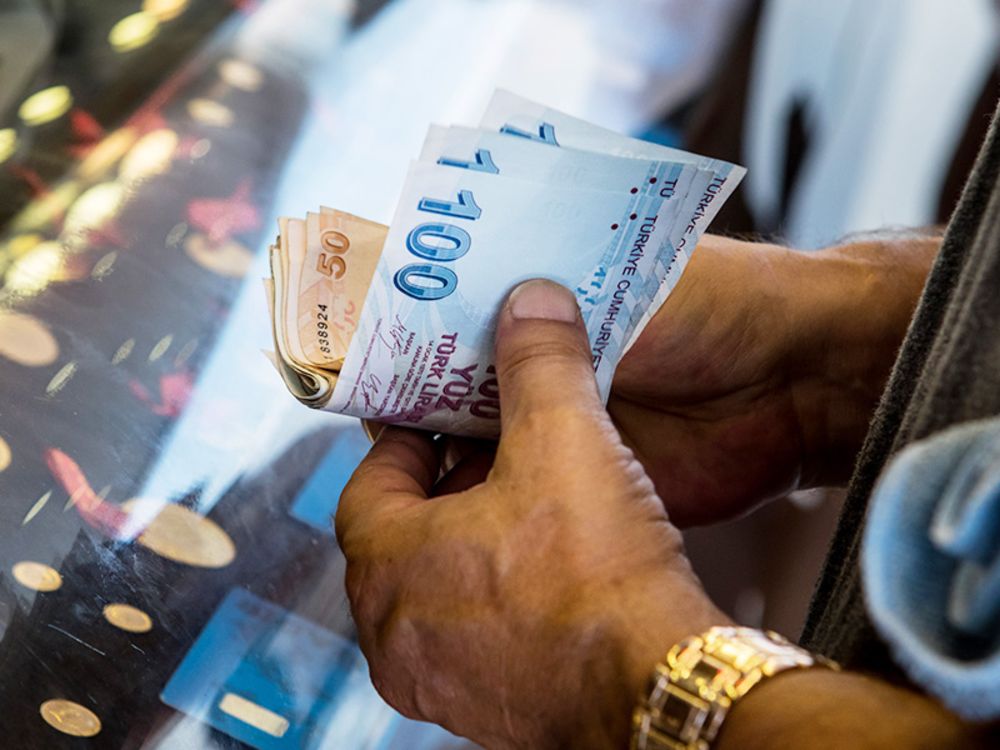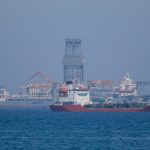The lira’s crash in the second half of last year knocked the ability of companies to repay debt.
Photographer: Nicole Tung/Bloomberg
Turkey’s biggest buyer of soured debt expects sales of non-performing loans to increase by 33 percent this year as banks free-up capital to cope with a surge in corporate-debt restructurings.
Lenders will probably sell about 10 billion liras ($1.9 billion) of bad-loan portfolios this year, Hayat Varlik Yonetim AS Chief Executive Officer Hilmi Guvenal said in an interview. Banks may receive up to 500 million liras this year from the sale of NPLs to asset managers such as Hayat Varlik, he said. There are 19 distressed-loan buyers in Turkey.
The lira’s crash in the second half of last year knocked the ability of companies to repay debt, especially those in foreign currencies, causing a deterioration in banks’ asset quality. The ratio of bad loans to total credit was at 3.9 percent at the end of last year and the banking regulator has forecast the ratio could climb to as high as 6 percent in 2019.
A subsequent recovery in the currency and an easing in banks’s costs will provide some support to earnings, encouraging lenders to classify more of their problematic loans as NPLs, Guvenal said. The monetary authority raised benchmark rates aggressively in September to stem a run on the lira, sparking a remarkable rebound in the currency — it has now recouped almost a third of its value against the dollar from a record low in August.
“The switch from loans under close watch to non-performing category may accelerate,” he said.
Lenders traditionally sell portfolios comprised of bad loans in credit cards, money lent to small- and medium-sized companies and commercial loans that don’t have collateral, Guvenal said. During the year, new portfolios including loans of firms that receive protection from bankruptcy and incomplete real-estate projects may also come up for sale, he said.
“As total loan volume declines, the likelihood of NPL-recovery diminishes, and the possibility of inflows from loans under close watch to bad loans increases,” he said. The NPL ratio won’t exceed the regulator’s 6 percent forecast this year as long as the lira doesn’t plunge again, Guvenal said.
With a market share of 28 percent, Hayat Varlik is a closely held company in which Turkish buy-out firm Actera Group owns about 88 percent and the European Bank for Reconstruction and Development about 12 percent.



